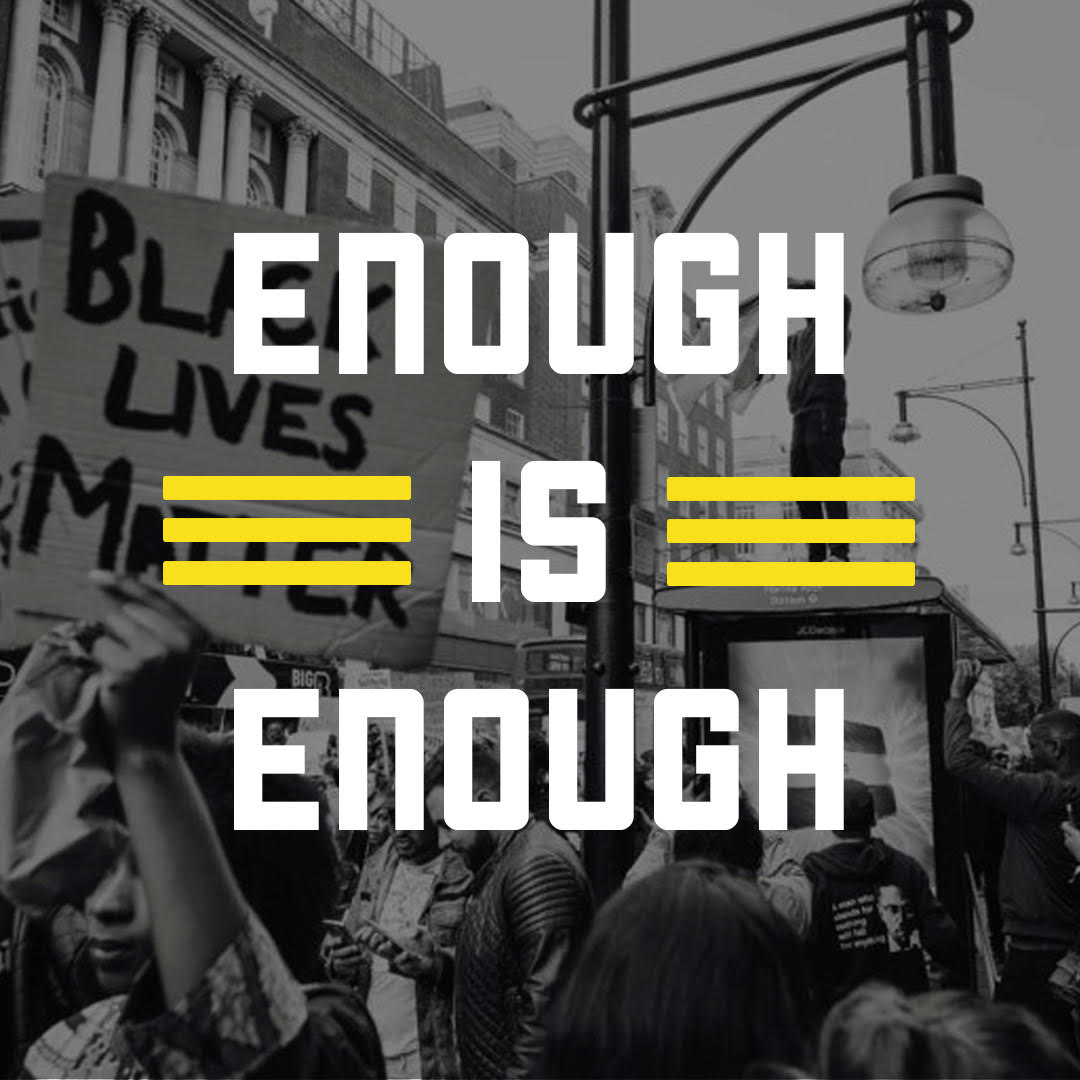The mission of the Open Knowledge Foundation is to work for a fair, free and open future for all, not just some. We stand against the racism, injustices, and inequalities plaguing our world today. It is our responsibility to use our platform to elevate marginalised voices and take action against racism. We ask that the Open Knowledge Foundation community comes together to support the Black community. Black lives matter.
It is important to me that we acknowledge the ongoing violence against the Black community, including the recent murder of George Floyd, and work towards ways to dismantle systemic racism. This also means taking a look inward at our work at the Open Knowledge Foundation – how can we better encourage diversity and support marginalised communities? As I sit in Austin, Texas in the USA, which is the traditional territory of the Tonkawa and Comanche Peoples, I won’t pretend to have a good answer right now. I am trying to learn and listen, and since I feel we cannot be silent, I am hoping to encourage dialogue and amplify others’ voices.
I’m also looking towards the work that the Open Knowledge Foundation can do to make the future more fair, free and open for all. Within OKF, I work with open data – teaching people how to manage their data, working on solutions to clean messy data, discussing standards and best practices. Data can be thought of as facts but data is not neutral. At OKF, we push for all non-personal data to be open, meaning it can be freely (and easily) accessed by anyone for any purpose.
What would the world look like if more data was open? For one thing, government and city policies would be more transparent. We could more easily and dynamically show which communities are being negatively impacted by local policies and then use that information to inform new policies and drive change. Going forward, I’m committing to ask: how can we better use data to empower marginalised communities?
Currently at OKF, we are working to understand bias in machine learning algorithms via our Justice Programme, which investigates topics such as how AI amplify systemic bias in the court system. We are not the only group working on these projects. I recently learned about Data for Black Lives, which is a group working to use data to enact real change for Black people, such as how structural racism is impacting the COVID-19 crisis. Locally in Austin, Measure is a not-for-profit organisation that works to use data to advocate for underserved communities. Here is their timely research and proposal on community policing.
I write this in the hope that we can start a conversation with the OKF community and provide a space to amplify minority voices. It is also imperative that we look inward and identify where we are currently failing. For example, historically our Advisory Board has not been diverse, but we are actively working to change this. What does diversity look like for the Open Knowledge Foundation? How can we make practical changes and what framework will underpin this? We are having an all-team meeting next week to discuss these questions and create a plan of action. Here are some actions I am taking that I encourage others to participate in:
- Donate to anti-white-supremacy organisations
- Support local Black businesses (here is a list of Black-owned bookstores in the USA: https://aalbc.com/bookstores/list.php)
- Promote work by Black creators
- Call your local legislators and ask them to promote and pass police reform policies
- Proactively educate yourself and learn from your mistakes
Here are some books and resources that others have shared with me:
- How to Be an Antiracist by Ibram X Kendi
- So You Want To Talk About Race by Ijeoma Oluo
- https://indivisible.org/resource/standing-indivisible-against-white-supremacy
- https://medium.com/equality-includes-you/what-white-people-can-do-for-racial-justice-f2d18b0e0234
- https://www.sceneonradio.org/seeing-white/
- https://tatianamac.com/posts/save-the-tears/
Do you have other resources you would like to share with our community? Please post a comment. Do you have other suggestions for meaningful actions we can take at the Open Knowledge Foundation to support the Black community? Please let us know. We are trying to listen, learn, and create a space for the community to have their voices heard as we aim to create a more fair world for everyone.
Lilly is the Product Manager for the Frictionless Data for Reproducible Research project. She has her PhD in neuroscience from Oregon Health and Science University, where she researched brain injury in fruit flies and became an advocate for open science and open data. Lilly believes that the future of research is open, and is using Frictionless Data tooling within the researcher community to make science more reproducible.










